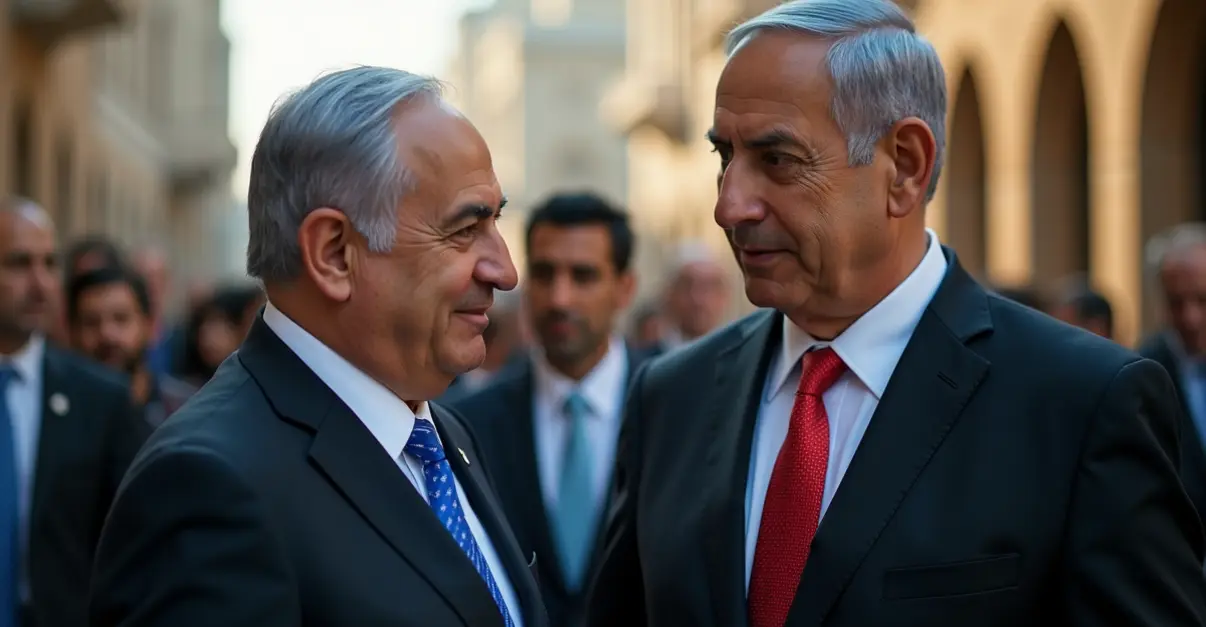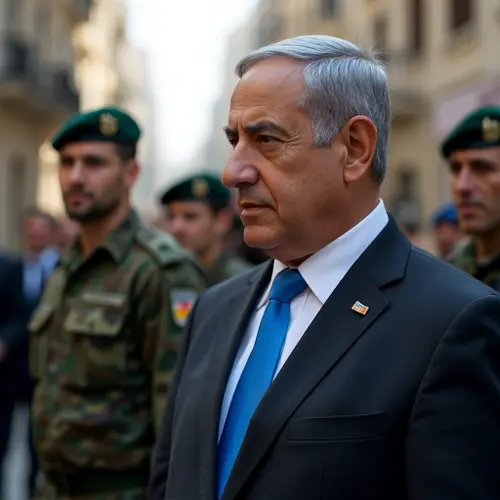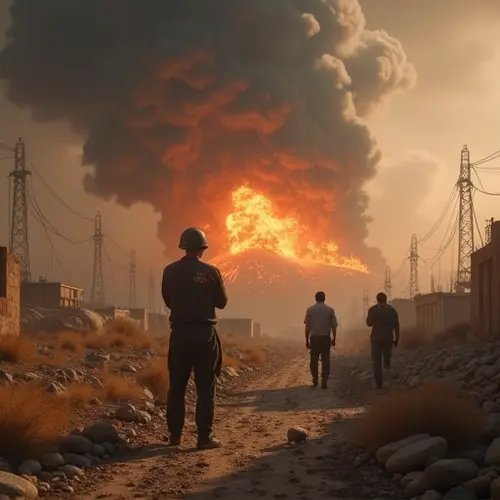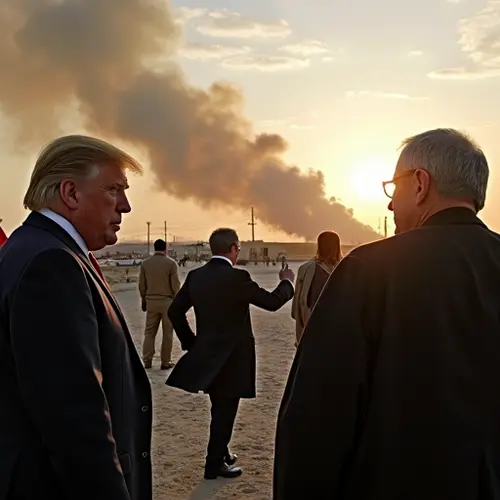
International Pressure Mounts on Netanyahu Administration
Western nations are increasingly losing patience with Israel's government as the Gaza conflict enters its second year. Multiple governments are planning to recognize Palestinian statehood, and even traditional allies like Germany have suspended weapons deliveries that could be used in Gaza operations.
Diplomatic Fallout and Resignations
The Netherlands has experienced significant political turmoil over the issue, with Foreign Minister Veldkamp resigning after failing to secure coalition support for measures against Israel. His departure, along with NSC colleagues, highlights the deepening divisions within traditional Israeli allies.
Netanyahu's Defiant Response
Prime Minister Benjamin Netanyahu has responded to international criticism with counterattacks rather than conciliation. He labeled Australian Prime Minister Albanese "a weak leader who betrays Israel" for supporting Palestinian recognition and accused French President Macron of "fueling antisemitic fires in France." Israel is reportedly considering closing the French consulate in Jerusalem in retaliation.
Internal Israeli Perspectives
Eran Etzion, former senior advisor to the Israeli government, notes that the current administration "doesn't want to listen to friends. They feel attacked, and from their perspective, that's understandable." He estimates that only 20-30% of Israelis are unconcerned with international opinion, while most feel misunderstood by the global community.
Psychological Impact and Media Isolation
"Nearly every Israeli struggles with trauma that hasn't been processed," Etzion explains. "There's very little tolerance for criticism. Since October 7th, we've been defending ourselves, but half the world talks about genocide and war crimes." Most Israelis receive information primarily through government-controlled media that shields them from Gaza's realities.
Remaining Allies and Limited Consequences
Despite growing isolation, Israel maintains support from key allies, particularly the United States under President Trump. The ideological alignment between the Trump and Netanyahu administrations remains strong, with both viewing liberal democracy as a threat and finding common cause with leaders like Hungary's Viktor Orbán.
Lack of Concrete Action
Despite strong rhetoric, concrete measures against Israel remain limited. France, the UK, and Canada issued warnings in May about potential consequences if Israel didn't halt military operations and allow humanitarian aid, but beyond symbolic threats of Palestinian recognition, substantive actions have been minimal.
The European Union failed to reach the required majority to cancel its trade agreement with Israel, demonstrating the challenges of coordinated international response. The situation reflects the complex geopolitical realities where condemnation often outweighs concrete action in international diplomacy.

 Nederlands
Nederlands English
English Français
Français Deutsch
Deutsch Español
Español Português
Português







